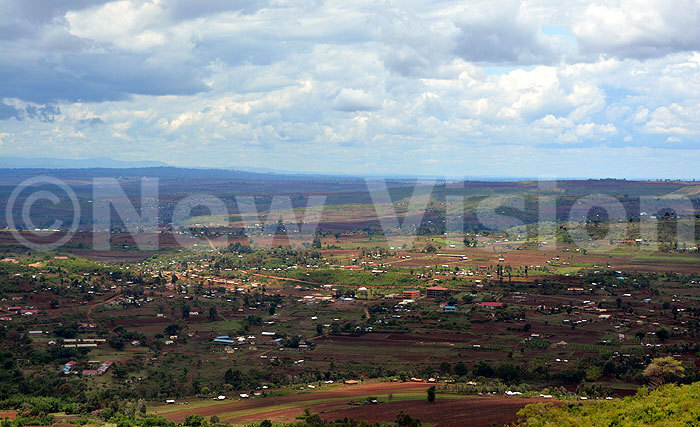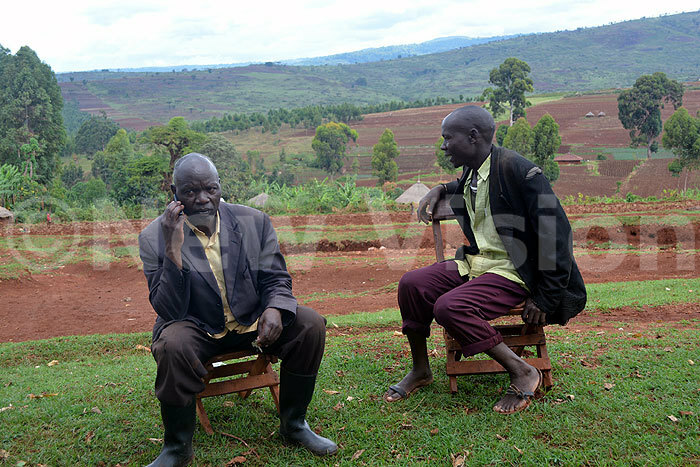Indigenous tribe on Mt. Elgon suffers climate change impacts
Climate change is one of the issues that will be discussed at the third mountain forum.
He had never known anything known as malaria until he left the higher parts of Mt. Elgon where he was born 57 years ago.
When Batya Moya, an elder among the Benets got down at Amanang, which is at the edge of Mt. Elgon National Park, he was attacked by malaria. The malaria carrying mosquitoes breed in the lower parts of the mountains because they are warmer than the higher parts of the mountains.
"I had never experienced malaria attacks," says Moya, adding that he lost a lot of money and time to recover from the disease which is becoming rampant along the slopes of Mt. Elgon.
This is not only restricted to Mt. Elgon, according to Salome Alweny who is the leader, for environment change, development and policy programme of Albertine Rift Conservation Society (ARCOS).

As climate change rises, the higher parts of the mountains which were previously unsuitable for the breeding of mosquitoes are becoming favourable for mosquitoes which are referred to as vectors of malaria.
Climate Change is caused by emissions such as carbon dioxide from production processes, which trap heat escaping to the atmosphere thereby causing global warming. The warming of the earth disrupts rainfall patterns and also melts the ice on mountain tops like the Rwenzori.
Alweny said climate change is one of the issues that will be discussed at the 3rd Mountain Forum to be held at Mbale, from 18th to 20th October, 2016.
The theme of the forum is, "Mountains our future" and is being organised by ARCOS and the Ministry of Water and Environment with the support of the Swiss agency for development and cooperation.

Apart from climate change, the mountain is faced with a challenge of high population pressure as well as settling people such as the Benets, according to Fred Kiiza, the acting chief warden of Mt. Elgon National Park under the Uganda Wildlife Authority (UWA).
The Benets, an indigenous group of people were evicted from Mt. Elgon National Park in 1995. The Batwa in south western Uganda were also evicted in the early 1990s when Bwindi Impenetrable National Park and Mgahinga National Park were protected as national parks.
Bwindi and Mgahinga along with Mt. Elgon were elevated from forest reserves to national parks, which have a higher conservation status in Uganda.